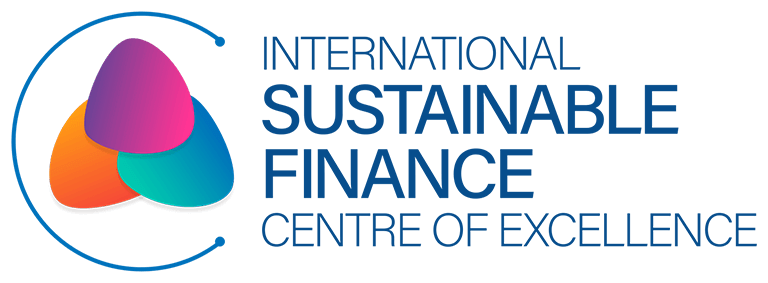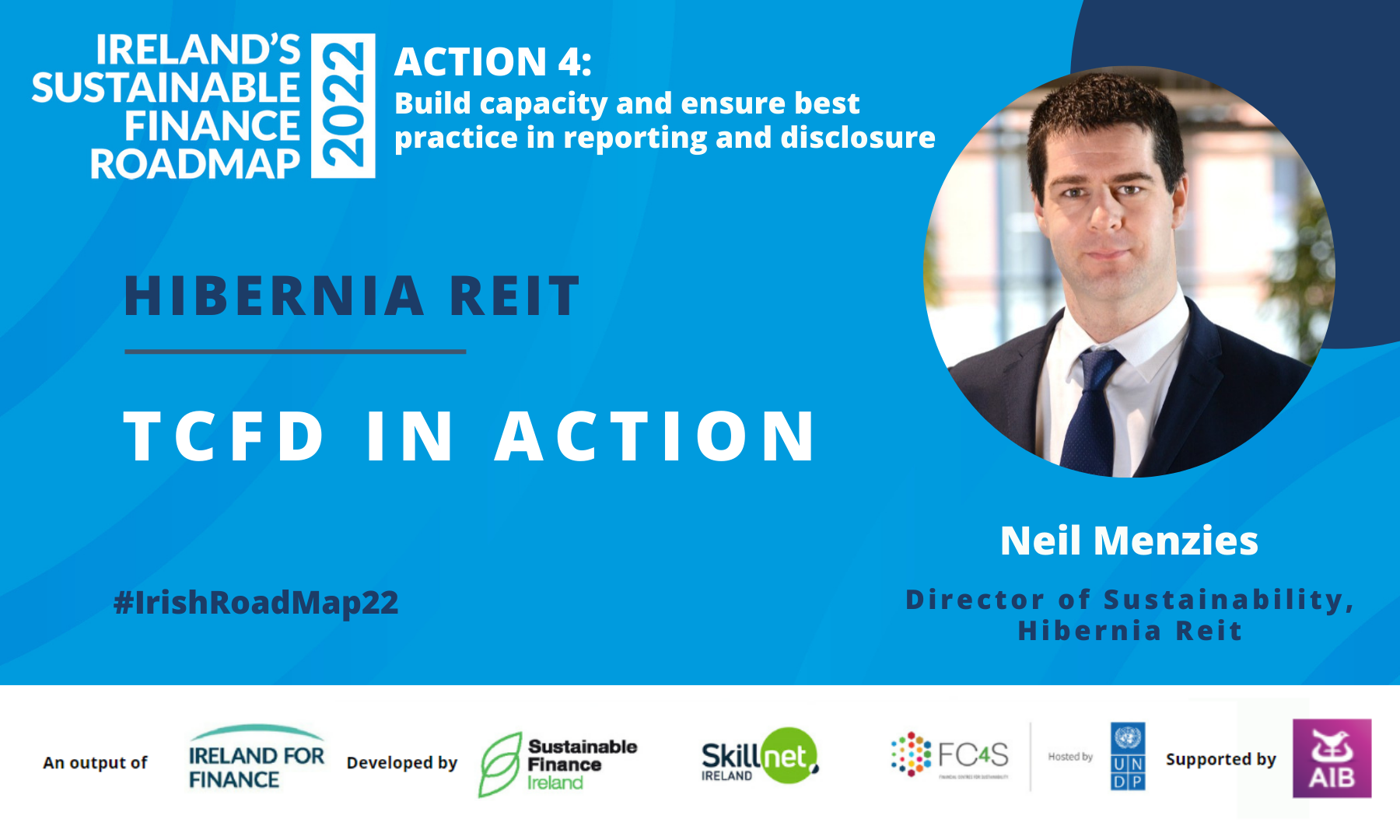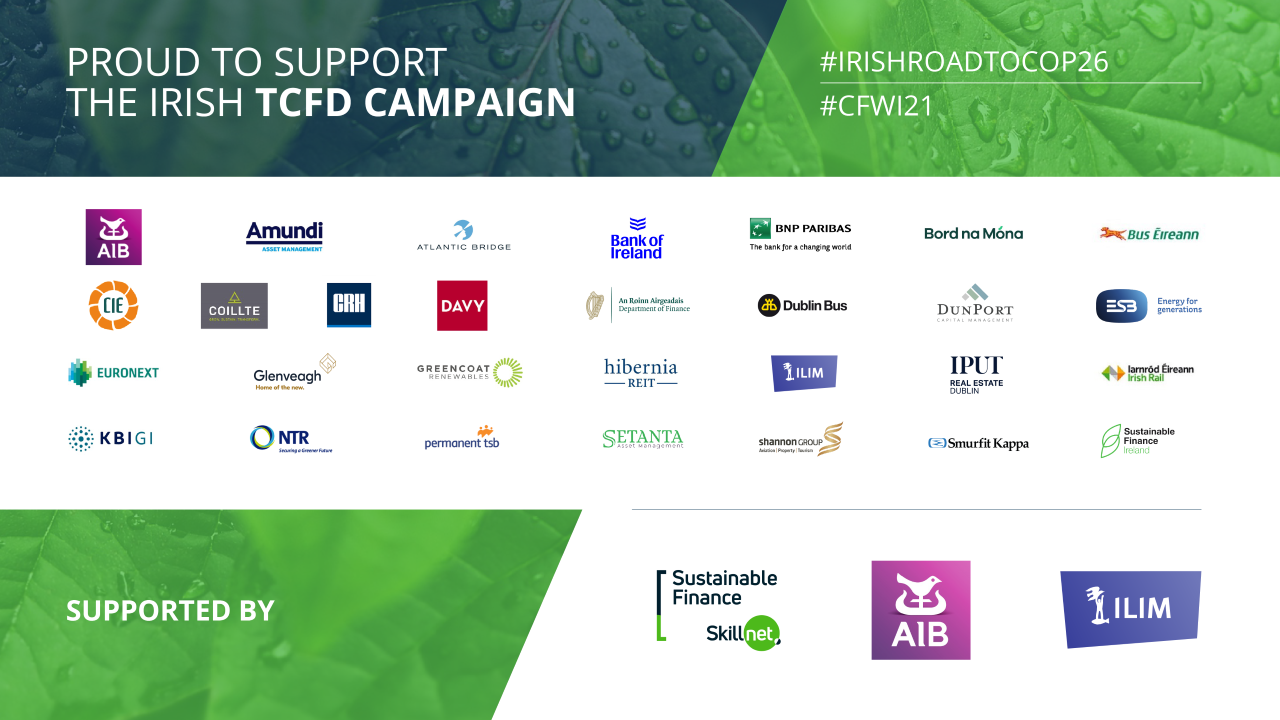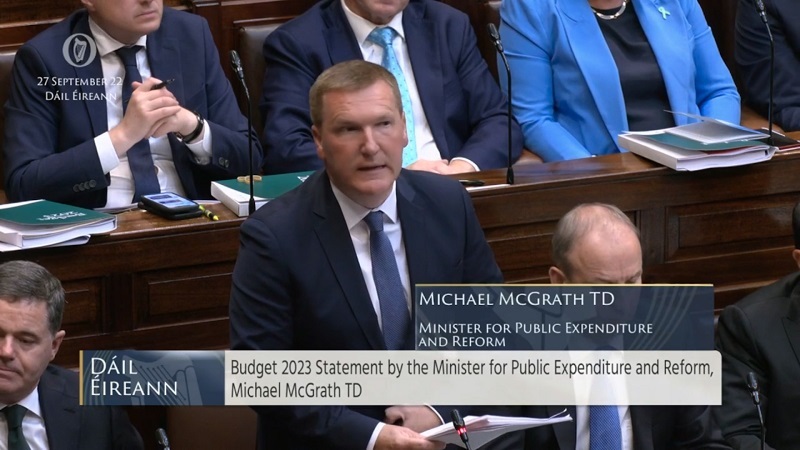Hibernia REIT Sustainability Director reveals how aligning with TCFD is helping firm achieve its goal of becoming carbon neutral
Neil Menzies outlines property company’s pioneering efforts to make transparent disclosures around carbon emissions and climate-related governance
A lot has changed at Hibernia REIT during Neil Menzies’ two years with the company.
As the incoming Sustainability Director of the real-estate investment firm with a €1.4billion property portfolio based mainly around Dublin’s docklands, his first task was to provide some clarity around the aims of Hibernia REIT’s sustainability strategy.
An initial survey of the company’s stakeholders revealed two specific issues of concern that, along with changes to the regulatory landscape, would drive the company’s ambitions over the next decade – reducing carbon emissions and improving climate resilience.
“Investors have been asking us to respond to international ESG benchmarks which have increasingly involved answering a number of questions around climate resilience and energy efficiency. This has mostly been driven by their move towards investing in greener businesses and assets as their underlying investors’ attitudes have shifted,” Neil says.
“The companies that occupy space in our buildings are becoming more sophisticated in the area of sustainability. They want the most sustainable buildings for their employees and to allow them attract the best talent. That really focused our minds on developing a long-term ESG strategy out to 2030 which we launched in 2021, entitled Transforming Dublin Responsibly.”
Ahead of the TCFD curve
The centrepiece of this strategy is an ambition to become a net-zero carbon and climate-resilient business by 2030. To help achieve this, the company has become a signatory to the Task Force for Climate-related Financial Disclosures (TCFD), a scheme in which participating firms make voluntarily disclosures around carbon emissions and climate-related risks. The UK Financial Conduct Authority has since made disclosing in alignment with the TCFD a mandatory requirement for all premium listed London Stock Exchange companies, of which Hibernia is one.
“We were early starters on TCFD. In terms of the international ESG benchmarks, we are always striving to improve our scores and meet investor expectations. The TCFD framework has been an essential in allowing us to do this. It was an easy decision. We set a target of 2022 to fully align,” says Neil.
“We carried out our first disclosures in our annual report in 2021. In that we discussed where we were at that point and what we needed to do in the next 12 months to fully align. The improvement process is continual for us. We want to able to say ‘we’re aligned’ but we will never stop trying to do better.”
Transparency around climate action
More than 30 Irish-based firms have now signed up to the TCFD. And while some businesses may be reluctant to follow suit out of fear that disclosures may lead to a negative reaction, Neil believes that investors are now so sophisticated that very little in the disclosed data should come as a surprise in a few years from now.
“The market has moved rapidly towards transparent disclosures over the last two years. Companies need to disclose more now. Investors will make up their own minds anyway. They are becoming so sophisticated in this area that they can model the impact of your operations/assets using other data sources and current disclosures,” he says.
“By making our own disclosures in line with the TCFD, Hibernia REIT gets the opportunity to put our own narrative around the modelling impacts and other operational and strategic measures that we have put in place to mitigate the risks. This format of engaging with our stakeholders will be invaluable and will be preferable to relying on ESG ratings that do not interrogate our performance data to the same extent.”
Neil also believes that the new-found familiarity with the reporting responsibilities under the TCFD has given Hibernia REIT an advantage ahead of emerging EU sustainable finance legislation which will result in similar reporting requirements to an even broader range of companies.
“We have been disclosing quite a lot of our ESG performance on a portfolio level but through new EU legislation in this area – like the EU Taxonomy Regulation and the Corporate Sustainability Reporting Directive coming down in a few years’ time we are going to have to be even more transparent so we felt TCFD gave us an edge. It got us prepared for what was coming down the line and allowed investors to have better conversations with us about climate resilience at an early stage.”
Developing skills
Sustainable Finance Ireland collaborates with the company on TCFD expertise and upskilling around sustainable finance issues. The importance of that role is one Neil appreciates.
“It’s hugely beneficial to us to be able to talk to people who are knowledgeable in what can be a very confusing area. It can be isolating at times financial institutions and investors are only building their expertise, whilst many consultants are only getting up to speed in this area also.
“We didn’t know what the best practices were until we went to Skillnet Ireland courses and workshops. The most beneficial part to me is knowing what best practice looks like. We are also getting a global overview as the trainers include international experience and understand what’s happening with TCFD across many industries.
“Having Skillnet Ireland in place over the last two years has been great. I don’t know if we would be in the position we are now without their support.”
